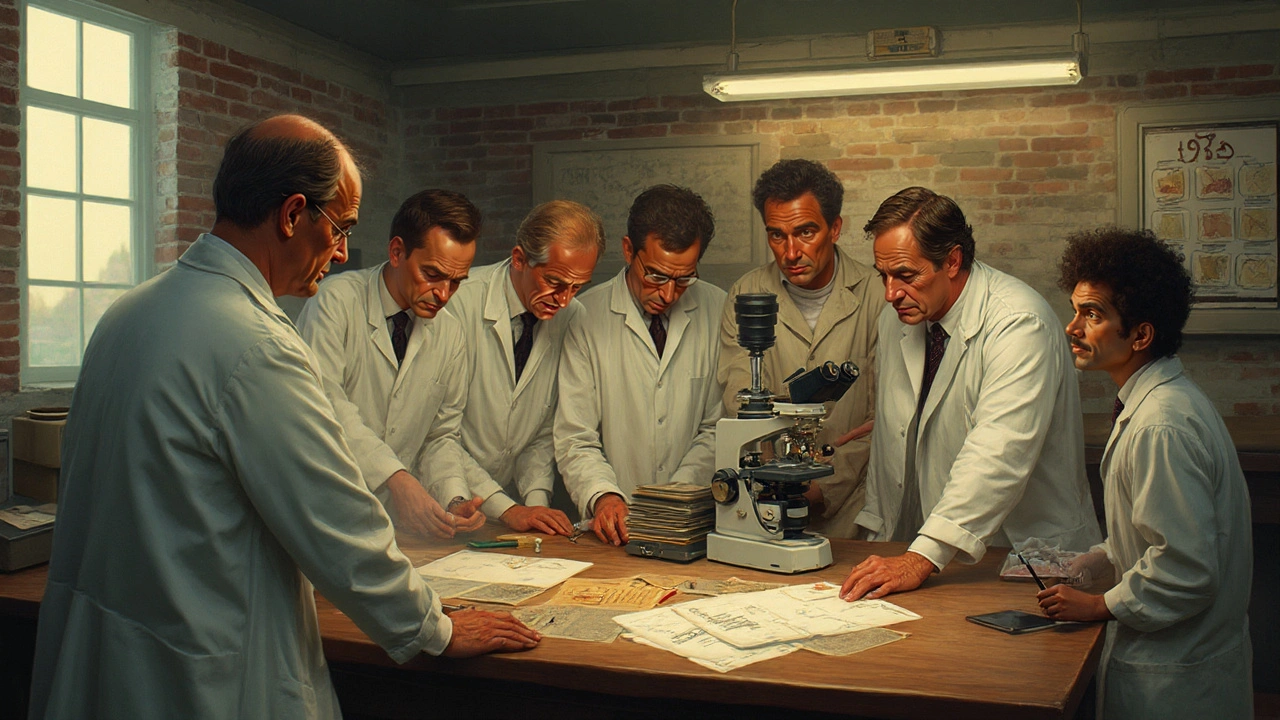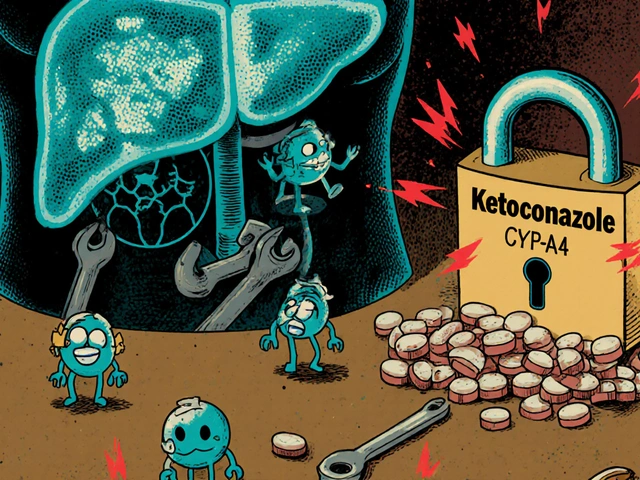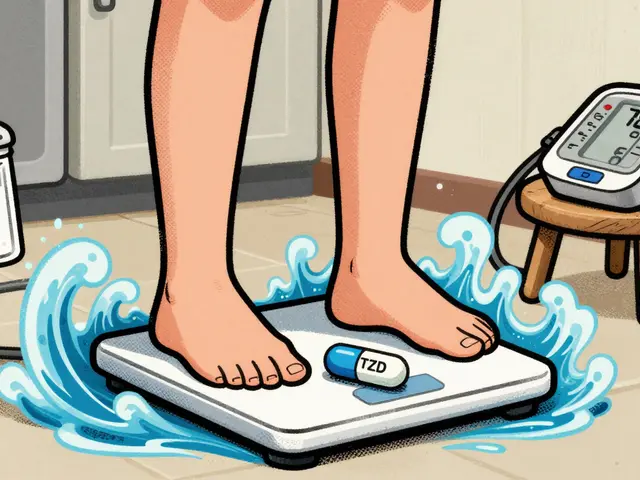Did you know the first cases of AIDS were recorded before the disease even had a name? In the early 1980s doctors started seeing young men with rare lung infections and cancers. Those puzzling symptoms turned out to be the first clues of a new, invisible enemy.
At first the outbreak looked like a mystery thriller. Hospitals in Los Angeles and New York reported clusters of Kaposi's sarcoma, a skin cancer almost never seen in healthy adults. Researchers quickly realized they were dealing with something that weakened the immune system. By 1983 the CDC named the condition "Acquired Immune Deficiency Syndrome" (AIDS), but they still didn’t know what caused it.
The breakthrough came in 1984 when French scientists isolated a virus in a patient’s lymph node. They called it LAV, and a few months later American labs named it HTLV‑III. It was later unified under the name HIV – Human Immunodeficiency Virus. Knowing the culprit allowed scientists to develop blood tests, which cut transmission through transfusions dramatically.
Governments reacted at different speeds. Some countries launched public education campaigns and needle‑exchange programs within a year. Others took longer, letting the virus spread unchecked. By the mid‑1990s the World Health Organization declared HIV a global emergency and pushed for affordable treatment in low‑income regions.
The first approved drug, AZT, hit the market in 1987. It slowed the virus but caused severe side effects. The real game‑changer arrived in 1996 with combination therapy – a cocktail of three drugs taken together. This "highly active antiretroviral therapy" (HAART) turned HIV from a death sentence into a chronic condition for many people.
Since then, newer drugs have become smaller, safer, and easier to take. Today a single pill can keep the virus suppressed for life. Researchers are also testing long‑acting injectables that work for weeks or months, and the ultimate goal remains a cure or vaccine.Beyond medicine, HIV history reshaped how we think about public health. It taught the world the power of community activism, the need for rapid testing, and the importance of fighting stigma. Those lessons are being applied to newer threats like COVID‑19 and future pandemics.
Looking back, the story of HIV is a mix of tragedy, scientific bravery, and social change. Understanding that history helps us appreciate why early testing, open conversation, and easy access to medication are still vital today.
If you want to dig deeper, explore the timeline of major milestones, check out survivor stories, or learn how you can support ongoing research. The fight isn’t over, but the progress made over the past four decades shows just how far we can go when science, policy, and people work together.

Trace the journey of HIV from its 1980s discovery to today’s advanced antiretroviral treatments, highlighting key milestones, scientists, and breakthroughs.

A clear comparison of Cleocin Gel (clindamycin) with other topical acne treatments, covering how they work, price, side effects, and tips for choosing the best option.

Drug-drug interactions can cause serious harm when medications clash in your body. Learn how liver enzymes, transporters, and genetics affect drug safety, and what you can do to avoid dangerous combinations.

Phenergan is a popular prescription medication that treats allergies, motion sickness, and insomnia. This guide digs deep into how phenergan works, its common (and not-so-common) side effects, and tips for safe use. Whether you’re curious about why it makes you drowsy or wonder if it’s safe for your kids, this article has practical info and real answers. Find out what to watch out for and how to use phenergan responsibly. Get advice that helps you talk with your doctor and avoid common mistakes with this strong antihistamine.

Learn step‑by‑step how to find reputable online pharmacies, understand price factors, and use generic amoxicillin safely while avoiding counterfeit risks.

TZDs like pioglitazone help control blood sugar but often cause weight gain and swelling. Learn proven strategies to reduce fluid retention, lower doses safely, and combine with better alternatives like SGLT2 inhibitors.